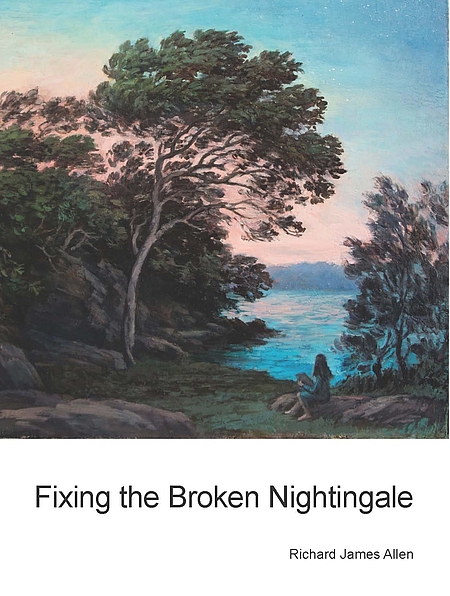The Flying Islands Poetry Community has been publishing pocket-sized poetry books (14 x 11 cm) for more than 10 years. According to its website:
The Flying Island Pocket Poets series originated as a simultaneous entity in Markwell, NSW and Macao, China, through the work of Professor Christopher (Kit) Kelen. Running since 2010 (in association with the Macao-based community publisher, ASM), Flying Islands has published more than eighty volumes, with authors from all over the world, but more from Australia and China than from anywhere else.
We can subscribe from within Australia for $120 to receive a year’s publications (details here). From the beginning of the series, the RRP for individual copies has been kept to A$10. But that’s not all. To quote the website again:
These books that magically appear out of pockets are part of a gift and exchange art-economy. They are our currency!
Those aren’t just empty words. It was through versions of the gift and exchange art-economy that I found out about the Pocket Poets series, and came to possess, and read, two of these niftily designed books.
Richard James Allen, Fixing the Broken Nightingale (Flying Island Books 2013)
At a poetry reading in Sydney a couple of years ago, Richard James Allen read his poem ‘It’s Saturday night in almost any city in the world and’, and offered a prize for whoever could guess the city in which he wrote it. The audience called out the names of almost every city in the world, but I was the one who finally shouted, ‘Florence!’ and won the prize, Fixing the Broken Nightingale, which did seem to magically appear out of a pocket.
There’s a rich variety of poems in the book, ranging from straightforward love poems to poems that turn back on themselves like Escher drawings. There’s whimsy and melancholy, moments of ontological despair and intimations of mortality. The most striking poem is ’13 Acts of Unfulfilled Love’, which has some extraordinarily explicit sexual images, to arrive at this, in ‘ACT TWELVE‘:
These are my real thoughts, not my dirty thoughts. ______________________ ____________This is my real love, _________________________ ____________not my dirty love. I am trying to live a real life, not a dirty life. _________________________And I'd like you there with me, _____________________________in this soiled, holy world.
Kit Kelen, A Pocket Kit 2 (Flying Island Books 2015)
When I bought a copy of Kit Kelen’s Book of Mother at its launch in Sydney, neither of us had correct money. This little book materialised as if by magic to be my change.
It’s very different from Book of Mother and from other books of Kelen’s that I’ve read (blog posts here, here, here and here). As the title suggests, it’s a kind of sampling of his work, rather than a collection organised around a central subject or theme. A first Pocket Kit was published in 2011.
This is mostly a cheerful book. There are poems celebrating elements of Australian culture, like ‘Blokes’ (‘They know it’s bad luck to speak / when gesturing would do the trick’) and ‘shed’ (‘the peasant is the king here / where monarchs tinker with old crowns / no need for revolution’). The same ironic celebratory tone comes to bear on Macau where Kelen was a professor when this book was published, on his Hungarian heritage, on the prospect of having children, on the yellow umbrellas of Hong Kong in 2014.
My favourite in the book is ‘to tend’. If I remember correctly, Kelen like me had a Catholic childhood. This poem delicately addresses the question of what to do about the gap created when you stop believing. It starts:
to tend the gods as given, as found new habits of homage are required in word untamed, in sight unframed paths to follow are so chosen, by you, for you, willing, blind go to the makers not to the mockers take the trouble to tell them apart
And ends:
go to the makers never the mockers tend to the habits of homage you've found
Even though Kelen can begin a poem called ‘ancestor worship’ with ‘people smelt bad in the old times / they had bad teeth, they were stupid’ and can continue in that vein for 20 lines, he is certainly one of the makers, not one of the mockers.



